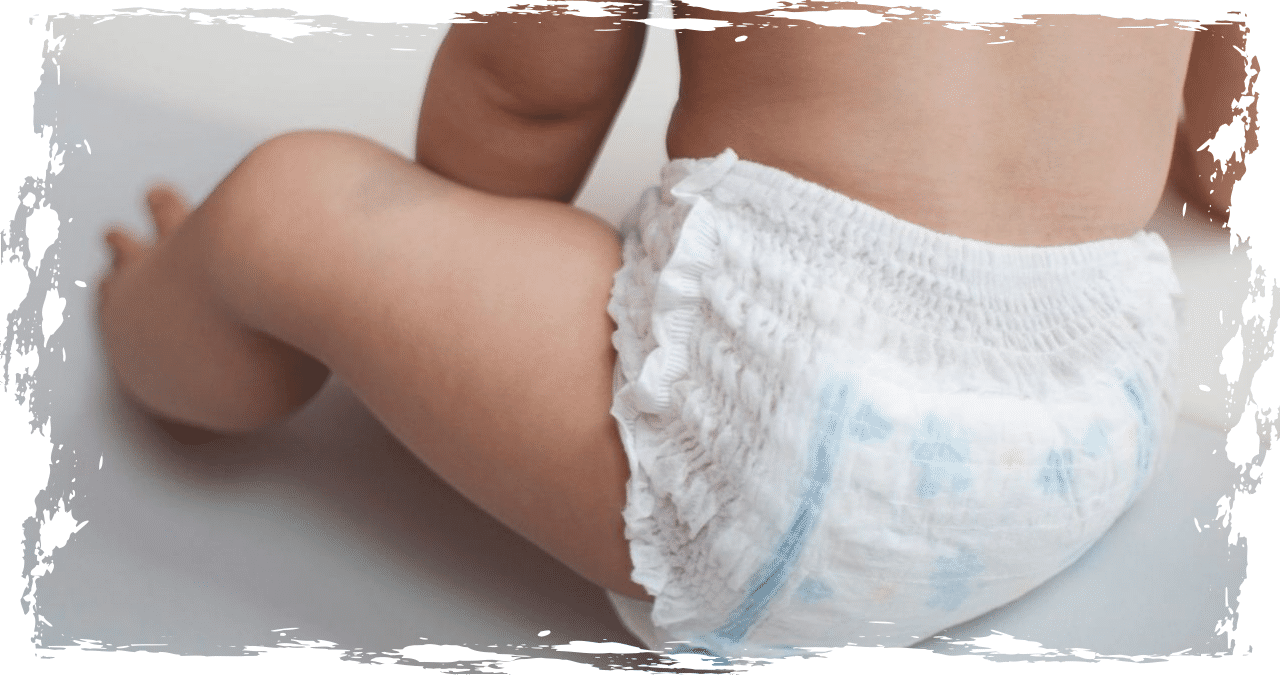Tennessee’s Medicaid program announced on Tuesday that it will become the first state Medicaid program to offer free diapers for children under the age of 2. This new initiative aims to provide support and assistance to families in need.
The federal Centers for Medicare & Medicaid Services has given its approval for an amendment to Tennessee’s Medicaid waiver, TennCare III, as stated in a news release from TennCare. This amendment will enable TennCare to provide coverage for the cost of up to 100 diapers per month for children under the age of 2 who are enrolled in TennCare or the Children’s Health Insurance Program (known as CoverKids in the state). The coverage is scheduled to begin in August.
According to the statement, the newly introduced initiatives aim to alleviate financial burdens for families and prioritize the well-being of the youngest members of TennCare.
The Centers for Medicare & Medicaid Services has recently given their approval to a Medicaid program in Delaware that offers support to parents by providing them with up to 80 diapers per week and one pack of baby wipes for the first 12 weeks after giving birth.
According to the Centers for Medicare & Medicaid Services, other state Medicaid programs may provide coverage for diapers for older children in cases where it is medically necessary due to incontinence issues. TennCare, for instance, already offers coverage for diapers and other incontinence products for individuals who have “illnesses or conditions that affect their ability to control their bladder or bowels.”
Parents and legal guardians of infants and 1-year-olds can now obtain diapers directly from participating pharmacies in TennCare’s network under the new program. The goal of this initiative is to prevent unnecessary healthcare visits and enhance the overall health of infants.
The federal agency highlighted the importance of having an adequate supply of diapers in preventing diaper dermatitis, also known as diaper rash, and urinary tract infections.
According to a study conducted by the National Diaper Bank Network, the percentage of families experiencing diaper need has increased significantly. In 2023, 47% of families reported facing this issue, which is a significant jump from the approximately 33% who reported it in 2010.
According to the network, babies typically go through around 12 diapers per day, which can amount to a monthly cost of $80 to $100 or even more. The Department of Health and Human Services states that for individuals earning the federal minimum wage, diapers can take up to 8% of their total income.
According to the National Diaper Bank Network, an advocacy group, there is a call for more states to alleviate the financial strain on new parents by eliminating sales taxes on diapers. Currently, 26 states impose taxes on diapers, which adds to the already high cost for families. However, some states have recently joined the ranks of those exempt from sales taxes on diapers, offering some relief to families, especially during these times of increased inflation.
Investing in diaper banks is another way to address diaper need, and this approach is already being implemented by 10 states, with four others having done so in the past. The network highlights that California, New York, and Washington are among the few states that offer assistance to families to make diapers more affordable.



